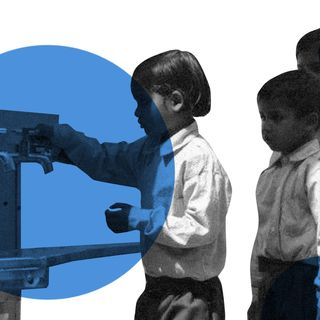India ranks high in a global list of countries most biased against the elderly, according to a report from the World Health Organization. (WHO).
Ageism comprises thoughts, beliefs, and actions that perpetuate prejudice and stereotypes against individuals due to their age. This bias affects older people more than younger people and can manifest as discriminatory hiring and retirement practices, fewer health care priorities accorded to older people, biased phrasing in media reporting, housing, and technology.
These findings are contradictory to common beliefs about specific cultures — including Indian culture — viewing older people with deference. Researchers suggest any deference showed is merely outward cultural obedience rather than actual respect.
“The differences [between common beliefs and the study’s findings] may also partly be due to the pressure of social norms that prescribe reverence for older people,” they write. “This may lead respondents to feel reluctant to express negative views about individual older people, but freer to be critical of older people in general.”
Image Courtesy: WHO Global Report on Ageism
The WHO report is based on a survey of more than 83,000 people across 57 countries between 2010 and 2014. The countries were spread across Africa, the Americas, Southeast Asia, Europe, the Eastern Mediterranean region, and the Western Pacific region.
Overall, the study found that 34 out of 57 countries had moderate-to-high ageist attitudes. Researchers also found a higher prevalence of ageism in South-East Asia (86%) and Africa (85%), in comparison to areas like the Americas (41%) and Europe (44%).
Related on The Swaddle:





